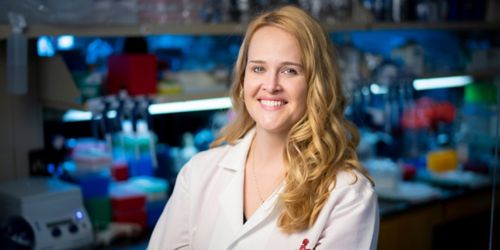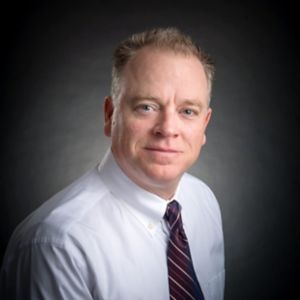St. Jude Family of Websites
Explore our cutting edge research, world-class patient care, career opportunities and more.
St. Jude Children's Research Hospital Home

- Fundraising
St. Jude Family of Websites
Explore our cutting edge research, world-class patient care, career opportunities and more.
St. Jude Children's Research Hospital Home

- Fundraising
Miller’s approach to science shaped by practical creativity and a curious spirit

Shondra Miller, PhD, credits her parents with inspiring her scientific creativity and courage to start her own center for genome engineering.
Shondra Miller, PhD, director of the Center for Advanced Genome Engineering, shares an important lesson and valuable skill young scientists must learn. This is part of an ongoing series.
How did your parents shape your approach to science?
Both of my parents played pivotal roles in my decision to be a scientist. My mom has a natural spirit of curiosity and a desire to learn. I remember her waking us up in the middle of the night when comets were passing by or other rare lunar events were happening. My dad is a tinkerer by nature. He invents and creates things to solve problems. Being around his practical creativity growing up has definitely shaped my approach to science.
What decision changed your career trajectory?
In 2012, I left a comfortable position to start a genome engineering center. At the time, it was difficult and expensive to do any type of genome editing. I had expertise from my graduate school work and my time in the industry that I thought could expedite science. So, I quit my job, took a huge pay cut and started a center to help other researchers do genome editing. Most folks don't want to become genome engineering experts — they just want to create a tool or reagents that better allows them to address a scientific question in an area in which they are experts. My group has moved science forward in a wide array of fields. I'm so proud of the impact we have had.
What advice would you give young scientists?
Science is hard, and most of the stuff you do doesn't work. This was a hard lesson for me. It is a valuable lesson for most graduate students who enter grad school with good grades and have been fairly successful in undergrad. The ability to get over continuous failures and move forward is a difficult, but “must-have,” skill for any scientist.






